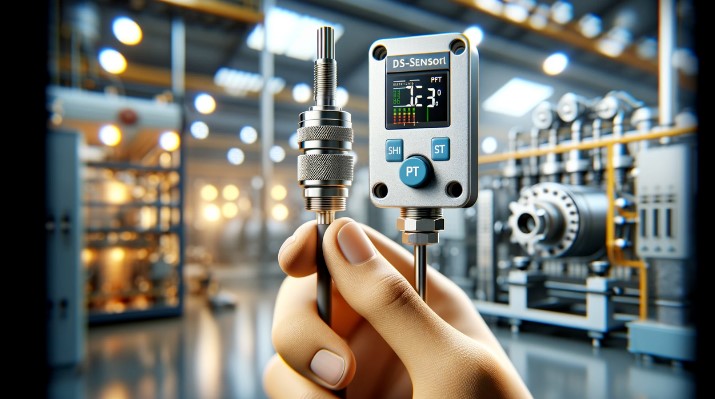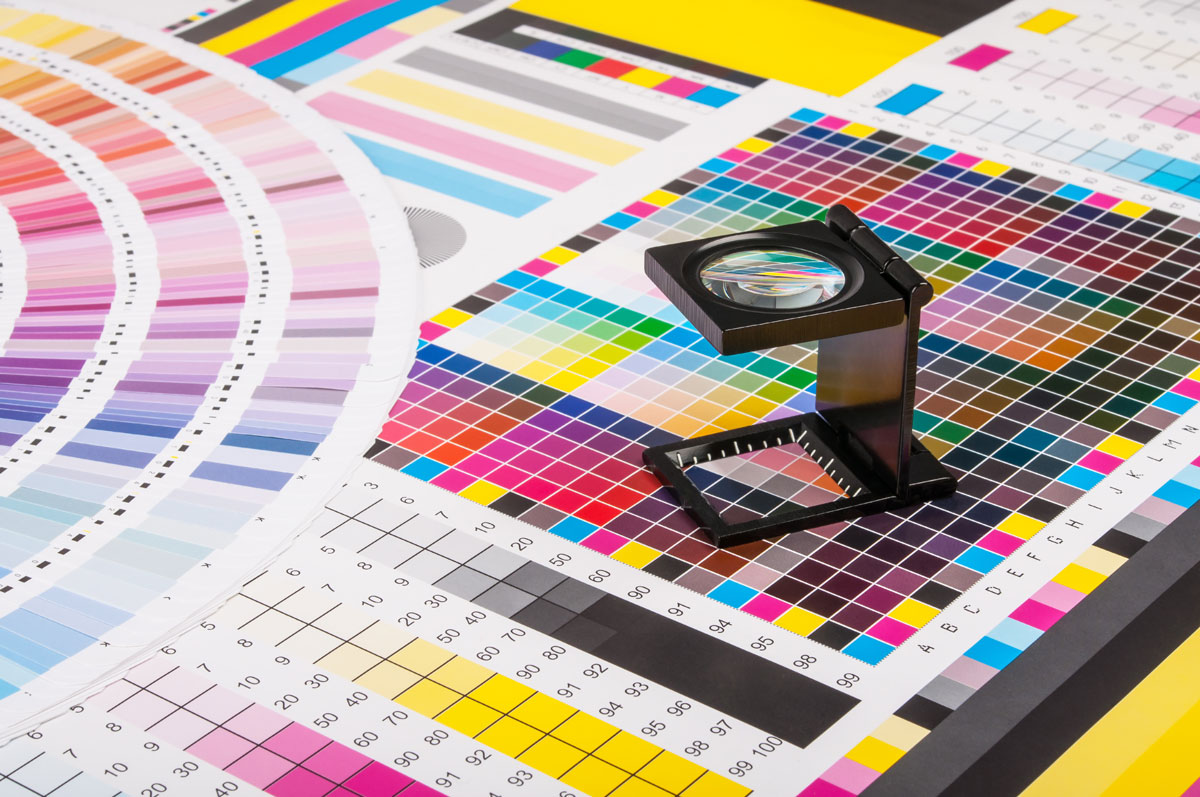In today’s rapidly evolving technological landscape, Innovative Sensing Solutions have emerged as pivotal tools driving advancements across industries. From precision agriculture to smart healthcare systems, sensors play a transformative role in data collection and analysis. Let’s delve deeper into the significance of sensor technology and explore the diverse landscape of innovative sensors.
Importance of Sensor Technology
How Sensors Enhance Efficiency
Sensors enable real-time monitoring and data acquisition, empowering businesses to optimize processes, enhance productivity, and streamline operations. By providing actionable insights, sensors facilitate informed decision-making, leading to improved efficiency and resource utilization.
Applications of Sensor Technology
The applications of sensor technology span different segments including fabricating, healthcare, car, and natural observing. In manufacturing, sensors enable predictive maintenance and quality control. In healthcare, wearable sensors monitor vital signs and facilitate remote patient monitoring, enhancing healthcare delivery.
Types of Innovative Sensors
Innovative sensors encompass a wide range of technologies tailored to specific applications.
Optical Sensors
Optical sensors utilize light to detect and measure changes in the environment. They are employed in imaging systems, biomedical devices, and consumer electronics for diverse functionalities like gesture recognition and proximity sensing.
IoT Sensors
Internet of Things (IoT) sensors are integral to connected devices, enabling seamless communication and data exchange between physical objects and digital systems. IoT sensors are pivotal in smart homes, industrial automation, and asset tracking.
Wearable Sensors
Wearable sensors are revolutionizing healthcare and fitness tracking by enabling continuous monitoring of biometric data such as heart rate, temperature, and activity levels. These sensors enhance personal health management and facilitate early detection of health issues.
Advantages of Innovative Sensing Solutions
Real-time Data Collection
Innovative sensors enable continuous data collection, providing real-time insights into operational parameters. This facilitates proactive decision-making, reducing downtime and optimizing resource allocation.
Precision and Accuracy
Advanced sensor technologies offer high precision and accuracy, essential for critical applications like autonomous vehicles, industrial robotics, and medical diagnostics. Precise data acquisition ensures reliability and safety in complex systems.
Cost-effectiveness
The scalability and affordability of innovative sensors contribute to cost-effective solutions across industries. From small-scale deployments to large sensor networks, these technologies offer high ROI by improving efficiency and reducing maintenance costs.
Challenges in Sensor Development
Despite their transformative potential, sensor technologies face several challenges that require Innovative Sensing Solutions.
Power Consumption
Many sensors operate on batteries, posing challenges related to power consumption and longevity. Energy-efficient designs and advancements in low-power electronics are addressing this issue.
Data Security
The proliferation of connected sensors raises concerns about data privacy and security. Robust encryption protocols and secure communication frameworks are essential to safeguard sensitive information.
Calibration Issues
Maintaining sensor accuracy and reliability over time requires regular calibration and maintenance. Automated calibration processes and self-monitoring capabilities are essential for long-term performance.
Emerging Trends in Sensor Technology
AI-driven Sensors
Artificial intelligence (AI) is revolutionizing sensor technology by enabling data analytics at the edge. AI-driven sensors can autonomously process and interpret data, enabling faster response times and improved decision-making.
Miniaturization and IoT Integration
Advancements in miniaturization have led to the development of compact, low-profile sensors suitable for IoT applications. Integrated sensor networks enable comprehensive data gathering and analytics in diverse environments.
Environmental Monitoring
Sensors are instrumental in environmental conservation efforts, facilitating air quality monitoring, pollution control, and climate change research. Real-time environmental data empowers policymakers and communities to take proactive measures.
Role of Innovative Sensing in Industry 4.0
In the context of Industry 4.0, innovative sensing solutions are catalysts for transformative changes in manufacturing and supply chain management.
Smart Manufacturing
Sensor-enabled predictive maintenance minimizes downtime and optimizes equipment performance, enhancing overall operational efficiency in smart factories.
Predictive Maintenance
Continuous monitoring of equipment health using IoT sensors enables predictive maintenance strategies, reducing maintenance costs and extending asset lifespan.
Supply Chain Optimization
Real-time tracking and monitoring of goods using sensor technologies optimize supply chain logistics, improving inventory management and delivery efficiency.
Future Prospects of Sensor Innovations
Looking ahead, sensor innovations are poised to revolutionize diverse sectors.
Healthcare Applications
Advanced sensors will drive personalized medicine and remote patient monitoring, empowering individuals to manage their health proactively.
Smart Cities and Infrastructure
Innovative sensing solutions will enhance urban planning, traffic management, and energy efficiency in smart cities, promoting sustainability and quality of life.
Consumer Electronics
From augmented reality devices to smart wearables, sensor technologies will continue to reshape consumer electronics, offering immersive experiences and personalized functionalities.
Conclusion
Innovative Sensing Solutions represent a paradigm shift in data collection and analysis, fostering efficiency, sustainability, and technological progress across industries. Embracing these technologies will unlock new opportunities for innovation and societal development.
FAQs
What are innovative sensing solutions?
Innovative sensing solutions encompass advanced technologies that enable real-time data collection and analysis for various applications.
How do sensors enhance efficiency in manufacturing?
Sensors facilitate predictive maintenance, quality control, and process optimization, leading to improved operational efficiency.
What challenges do sensor technologies face?
Sensor technologies encounter challenges such as power consumption, data security, and calibration issues that require innovative solutions.
What are the prospects of sensor innovations?
Future applications of sensors include personalized healthcare, smart city development, and enhanced consumer electronics.
How can IoT sensors optimize supply chain management?
IoT sensors enable real-time tracking and monitoring of goods, improving inventory management and logistics efficiency.










